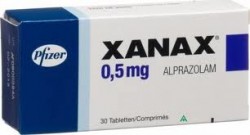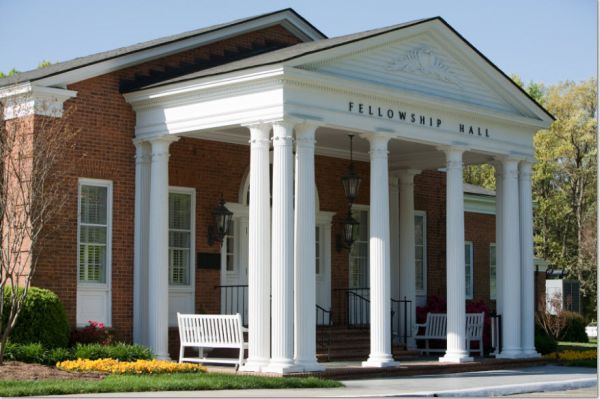Getting Help For Xanax Abuse
Recognizing and admitting that a problem with drugs exists is often touted as being the “first step” to recovery. Sometimes it may be even harder to acknowledge that there is a drug problem when the drugs being abused are from a prescription. We automatically perceive prescription drugs as being “safe” and rarely consider the fact that some of the medications that doctors prescribe everyday can be habit-forming and may ultimately lead to addiction if use is not closely monitored. Xanax addictions often result from misuse following legitimate prescribing of this powerful anti-anxiety medication.
Xanax is a brand name for a commonly prescribed benzodiazepine.

Xanax is often used to treat acute stress reactions.
Benzodiazepines are typically prescribed for treatment of acute stress reactions, panic attacks, convulsions, sleep disorders, and other traits of depression. Physicians offer these drugs in specific doses and on set schedules to allow patients to alleviate symptoms and help ease the stresses of daily life. In recent years, there has been an uprising in the abuse of such drugs and there are implements being made to help control these issues and restrict access in an effort to stop further damage.
Abuse of benzodiazepines can lead to a physical dependence upon the drug. This caused by the body building up a tolerance and at the same time telling the brain that it needs more to get the same result. In the case of Xanax use/abuse, in the beginning the person may feel a bit sleepy or experience a lack of coordination, but the body quickly assesses the situation and “gets used to” this new situation, so the body may experience a return of symptoms and “need” more of the drug to lessen them.
Some questions you may ask yourself if you feel there may be an existing addiction:
- Have you taken Xanax for fun or to get high, rather than as prescribed?
- Have you taken Xanax that was not prescribed to you.
- Have you taken Xanax in combination with stimulants or any other drugs for a more “intense” benefit?
- .Have you resorted to doctor shopping or changed pharmacies in the hopes of obtaining more Xanax?
Once a problem is revealed, the next logical step is to find a way to help solve this problem. In the case of addiction, quitting cold-turkey is not always effective. Many who find themselves in this situation will benefit from the assistance of professionals. In most cases denial is still lurking and this step seems much scarier or makes the situation way more “real”. Seeking help for drug abuse does not have to be scary.
One lucky outcome of the growing trend in prescription abuse is that there are many more resources available than there used to be. The process of rehabilitation can be tweaked to the individual but most follow a set of proven methods and means.
An abuser can expect to go through several steps on the road to recovery including detoxification, evaluation, stabilization, and fostering/support throughout treatment. Encouraging knowledgeable staff will help you through this walk back to a life free of addiction. Most towns and cities across the U.S. have resources available to addicts from all walks of life.
The Sundance Center
At this peaceful treatment center in upscale Scottsdale, residents learn how to enjoy all that life has to offer – without the assistance of drugs and alcohol.
Details ›Fellowship Hall
You're not a resident or a client at Fellowship Hall, and you’re definitely not a patient. You’re a guest. Whatever the terminology, miracles happen at this treatment center snugly situated amidst the gently rolling hills of North Carolina’s historic Piedmont area.
Details ›Journey Healing Center
Serenity and tranquility are elemental at this ultra-comfortable, luxury treatment center nestled at the base of Utah’s Wasatch Mountain Range in Sandy, Utah.
Details ›



